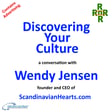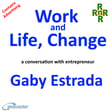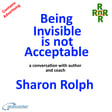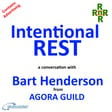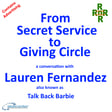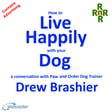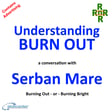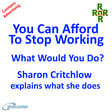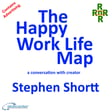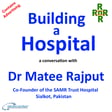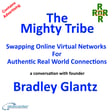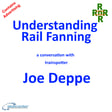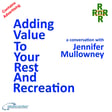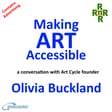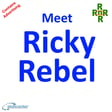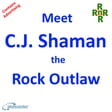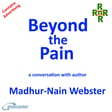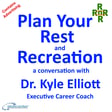
Live Your Labels or Live Your Life – a conversation with Zac Russell
Zac Russell is a life coach with a completely different approach to coaching.
In this episode of the Abeceder work life balance podcast Rest and Recreation Zac Russell explains to host Michael Millward how his approach to coaching is different.
You will be as enthralled as Michael by how Zac explains his approach.
Zac explains how the problems that his clients seek help resolving are created. The discussion includes descriptions of childhood experiences and how we learn to define the person we are.
When the end comes you will feel both relaxed and yet enthused to start a new life.
The time is always now!
Visit Abeceder for more information about Zac Russell and Michael Millward.
Audience Offers
Rest and Recreation is made on Zencastr, because creating podcasts on Zencastr is so easy, you can as well by visiting Zencastr and using our offer code ABECEDER.
Zac is based in Toronto Canada, listeners can travel to Canada and anywhere else in the world at trade prices on flights, hotels, trains, and holidays as members of The Ultimate Travel Club.
Health – York Test provides an Annual Health Test. An experienced phlebotomist will complete a full blood draw at your home or workplace. Hospital standard tests covering 39 different health markers are carried out in a UKAS-accredited and CQC-compliant laboratory.
A Personal Wellness Hub gives access your easy-to-understand results and guidance to help you make effective lifestyle changes anytime via your secure, personal Wellness Hub account.
Visit York Test and use this discount code REST25.
Tech Problems? – Visit Three for information about business and personal telecom solutions from Three, and the special offers available when you quote our referral code WPFNUQHU.
If you have liked this episode of Rest and Recreation, please give it a like and download it. To make sure you do not miss future editions please subscribe.
Remember, the aim of all the podcasts produced by Abeceder is not to tell you what to think, but we do hope to make you think!
Being a Guest
If you would like to be a guest on Rest and Recreation, please contact Abeceder.
Matchmaker.fm introduce many guests to Rest and Recreation. Matchmaker.fm is where great hosts and even greater guests are matched, and fantastic podcasts are hatched. Use code MILW10 for a discount on membership.
We recommend that potential guests take one of the podcasting guest training programmes available from Work Place Learning Centre.
Thank you to you for listening.
We appreciate every like, download, and subscription.
